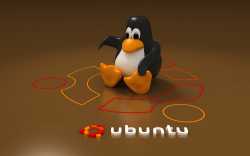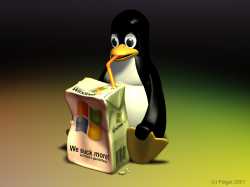Sales II edition
How to request advice:
>Budget>Intended use (media, source, environment)>Frequency response preference (basshead, female vocal, treble sensitive, etc.)>Past gear and your thoughts on themFAQ:
>Where do I buy IEMs?Amazon, Aliexpress, Linsoul, Hifigo, Shenzhenaudio, Bloom Audio, MusicTeck, Elise Audio (UK)
>Shopping Guide (IEMs, Cables, Ear Tips, etc.):https://rentry.org/consoomer_guide>Frequency Response Graph Toolsquig.link
>Budget Wire Over-Ear IEMs:• Tangzu Wan'er S.G (mild V) - $20
• EPZ Q1 Pro (Harman) - $35
• TRN Conch (bright V) - $35
• Simgot EA500LM (bright V) - $90
>Bullet IEMs:• Tanchjim Zero (bright neutral) - $15
• Final E500 (dark) - $25
• Tanchjim One DSP (neutral) - $30
>Flathead Earbuds:• Blue Vido (warm) - $5
• RY4S 32Ω mmcx Plus (V-shape) - $10
• Yincrow X6 (warm) - $10
>USB-C DACs:• Moondrop Dawn Pro - $50
• Tanchjim Space - $90
• Tempotec Sonata BHD Pro - $90
• Qudelix 5K - $110
>PMPs:• Surfans F20 (Rockbox) - $120
• Shanling M0 Pro - $130
• HiBy M300 - $200
• Hidizs AP80 Pro-X - $200
• Tempotec V3 - $200
Previous thread:
>>101023081 









